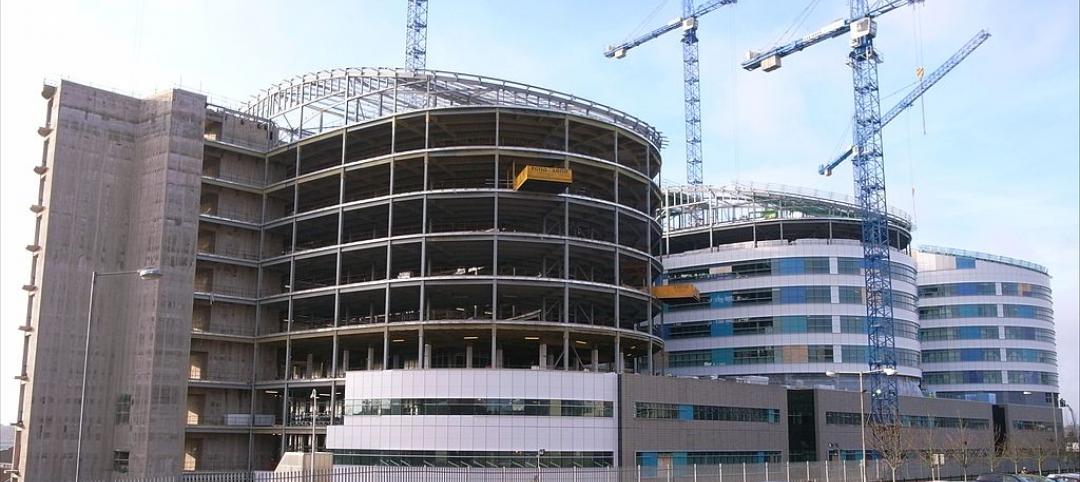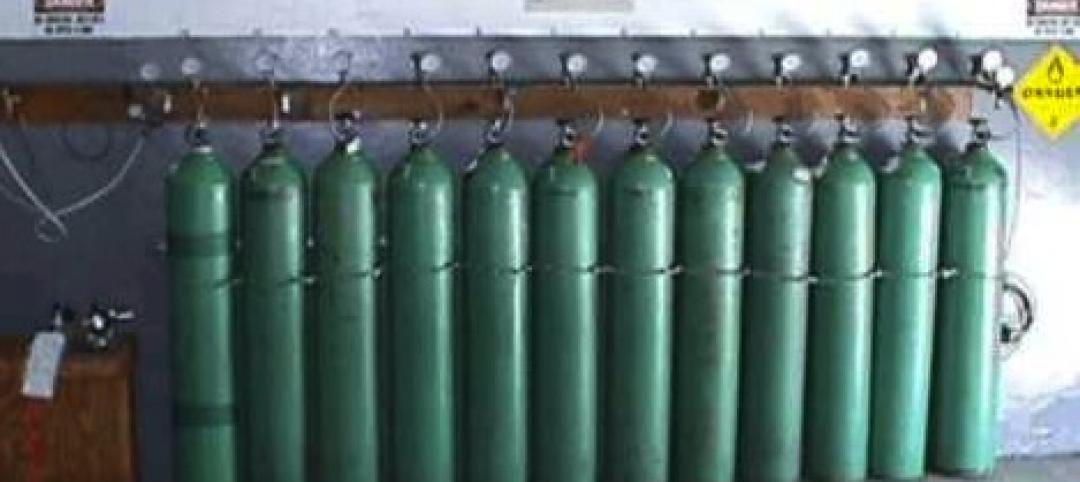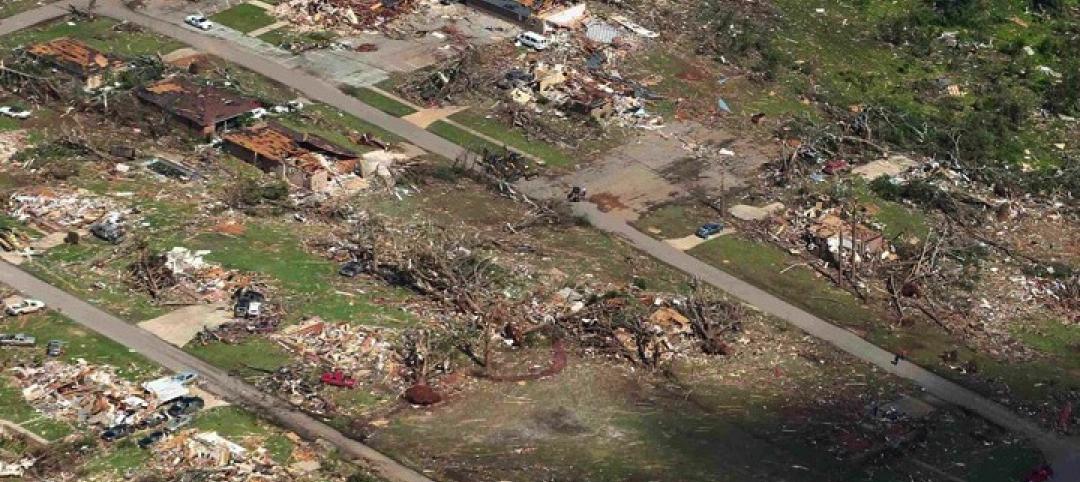The International Code Council (ICC) stripped the rights of local governments to vote on provisions of new versions of the International Energy Conservation Code (IECC).
The move could make it harder for cities to reduce their greenhouse gas (GHG) emissions within building sectors. The ICC’s new code development system gives the construction and gas industries more control by replacing localities’ voting power with a new process that still factors in local-level input, but gives industry groups more say in the end result of code development.
States typically adopt the ICC’s most recent standards for their building codes. If new code versions are less ambitious in promoting energy efficiency and cutting GHG emissions, cities are likely to adopt less stringent state codes.
More than 200 organizations and individuals submitted comments to the ICC surrounding its decision to end government voting, with 75% of those comments opposed to the action.
Related Stories
| Sep 11, 2013
Sports stadium accidents suggest code updates may be necessary to prevent falls
Since 2000, at least three individuals have died as a result of falling from the upper decks of stadiums in the United States. In addition, eight non-fatal falls have occurred in stadiums and arenas over that time.
| Sep 11, 2013
White paper examines Joint Commission requirements for NFPA codes in healthcare
The healthcare industry has experienced great attention from The Joint Commission concerning fire and life safety issues.
| Sep 11, 2013
San Francisco expected to drop firefighter air tank refilling station rule for skyscrapers
San Francisco is poised to drop a requirement that skyscrapers have refill stations so firefighters can recharge their air tanks during a blaze. The city has required that new high-rises have the air refill systems for about ten years.
| Sep 5, 2013
State legislatures continue to raise the bar on green school construction
Since the beginning of 2013, the USGBC has followed more than 125 bills across 34 states that seek to advance healthy, high-performing schools.
| Sep 5, 2013
Construction industry groups create coalition to respond to new OSHA silica rule
A group of 11 construction trade associations has created the Construction Industry Safety Coalition in response to the Occupational Safety and Health Administration’s (OSHA) proposed rule on silica for the construction industry.
| Sep 5, 2013
Red tape delays California county jail construction projects
California authorized $1.2 billion for jail construction in 2007, but not a single county in the state has completed a jail project since then.
| Sep 5, 2013
New CM-at-risk and design-build options create controversy in Ohio
Some contractors say Ohio's new system puts small and midsize construction companies at a disadvantage.
| Sep 5, 2013
Outdated codes slowed disaster recovery in Tuscaloosa, Ala.
Outdated building codes and lack of a master plan slowed the initial rebuilding stage after a devastating tornado leveled parts of Tuscaloosa, Ala. in 2011, according to the city’s mayor.
| Aug 28, 2013
Building collapse prompts legislation to beef up demolition regulations in Philadelphia
Philadelphia City Council will introduce legislation next month to strengthen the regulation of building demolition practices.
| Aug 28, 2013
Rules requiring contractors to boost hiring of veterans criticized
Some businesses are pushing back against proposed rules requiring federal contractors to step up their hiring of returning military service personnel.
















